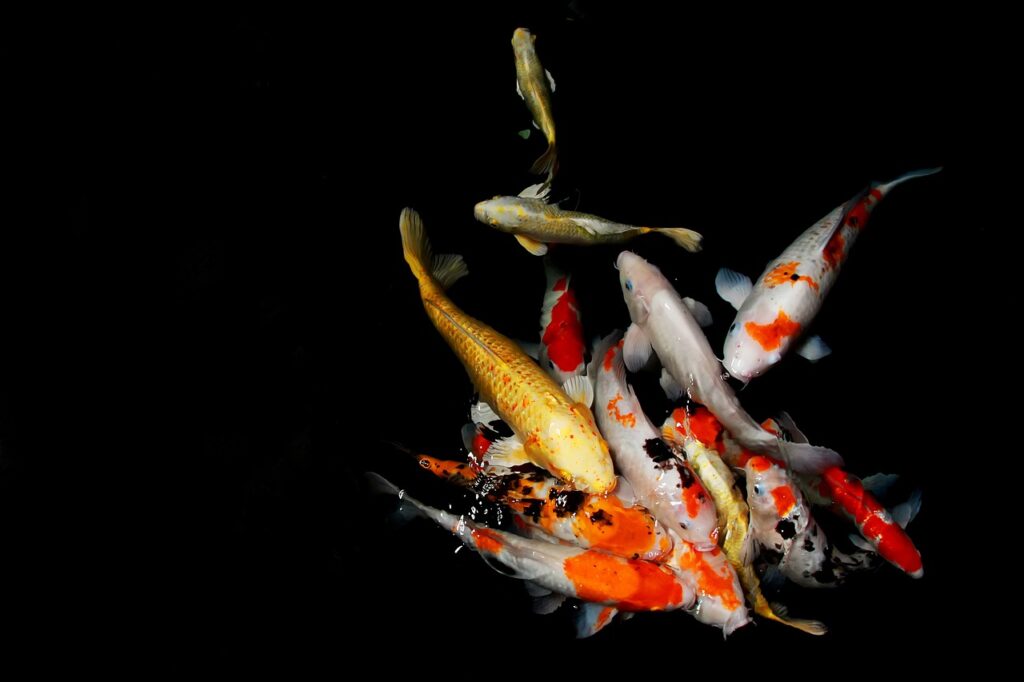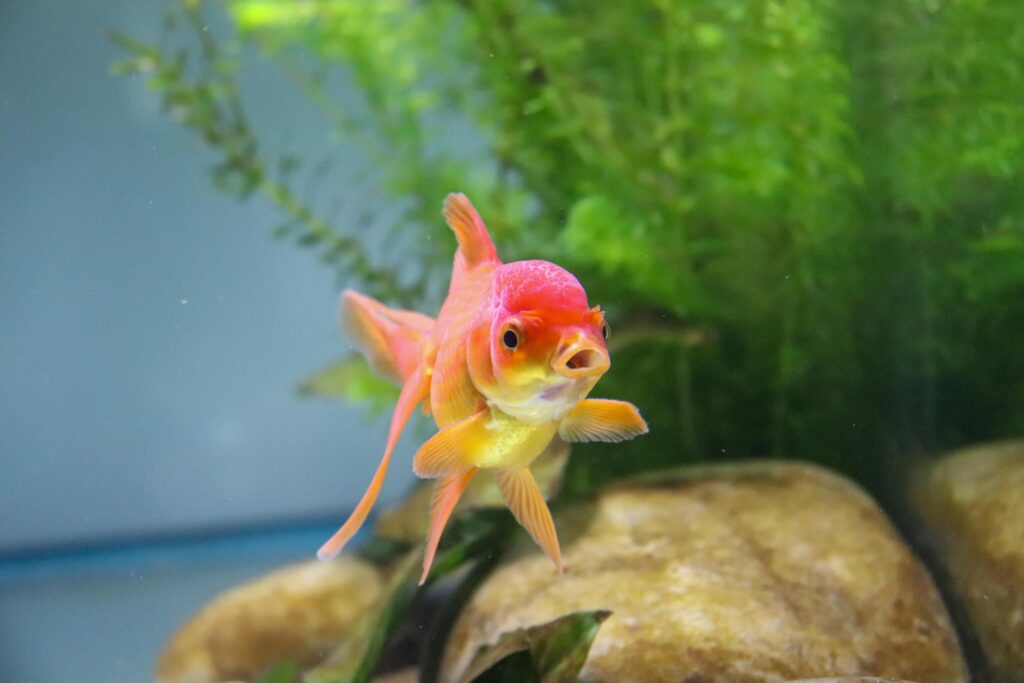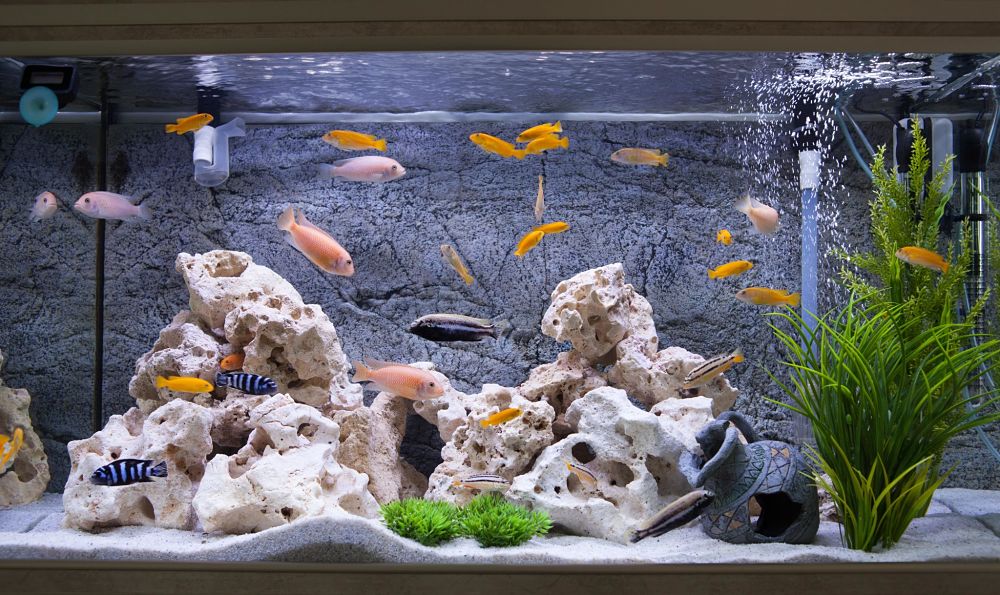When we consider pets, dogs, cats, and maybe birds first spring to mind most of the time. Still, sometimes the conversation on pet ownership ignores fish. Still, fish are among the most common pets worldwide; they grace many homes, businesses, and public areas including aquariums. This blog post looks at whether fish make good pets, the advantages and drawbacks of owning fish, and how fish stand relative to other conventional pet animals.
Emphasised Notes
1.Definition of a Pet Animal
a.Characteristics that qualify an animal as a pet
b.The role of companionship in defining a pet
2. Fish as Pets
a.Popularity and types of pet fish
b. Benefits of keeping fish
c. Challenges and responsibilities
3. Comparing Fish to Traditional Pets
a. Interaction and companionship
b. Care and maintenance
c. Emotional and mental health benefits
4. Ethical Considerations and Environmental Impact
a. Sourcing of pet fish
b. Impact on natural habitats
c. Sustainable practices in fish keeping
Defining a Pet Animal
First we have to define what a pet animal is before we can decide if fish fit as one. Usually kept for friendship, entertainment, or as a mainstay of the house, pets are domesticated animals.
Important traits that constitute a pet consist in:
Pets bring to their owners emotional support, company, and delight. Part of owning a pet is this basic fact.
Pets frequently communicate with their owners in ways including play, grooming, or just plain presence.
Owning a pet entails a degree of responsibility including food, housing, healthcare, and animal welfare assurance.
These qualities help us to analyse fish fit for the pet category.
Fish as Domest pets
*Popularity and Categories of Pet Fish*
Among the most often owned pets worldwide are fish. Common goldfish and bettas to exotic marine species like clownfish and angelfish, thousands of species of fish are maintained as pets. Pet fish’s variety enables a great range of aquarium configurations, therefore accommodating various aesthetic tastes and degrees of expertise among fish caretakers.
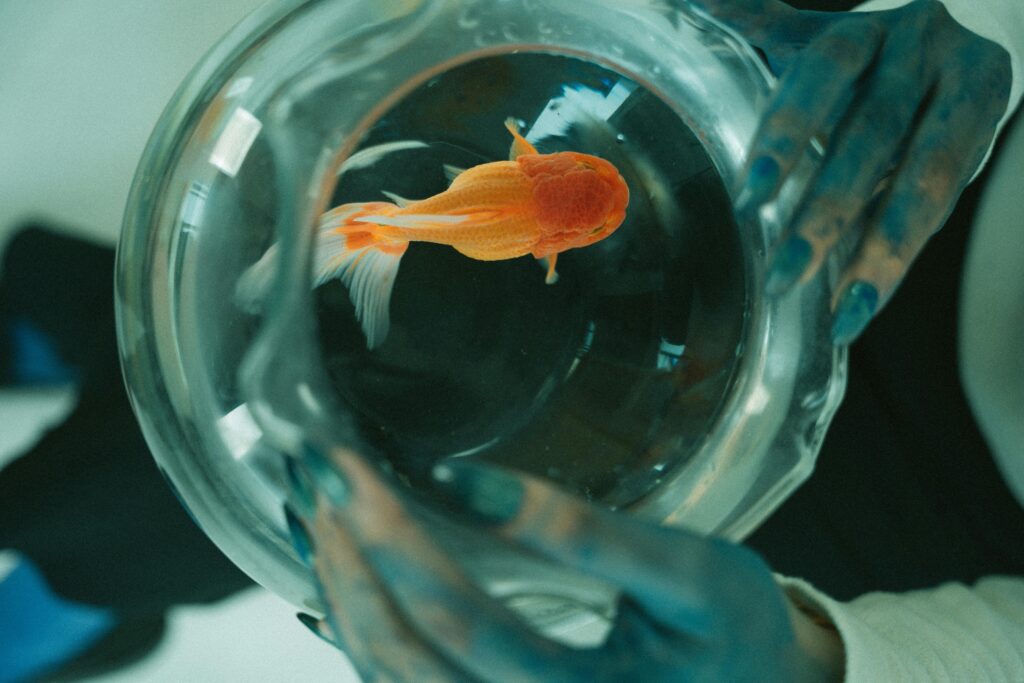
*Advantages of maintaining fish*
Aquariums are aesthetically appealing and would be a great accent to any house or business. Seeing vibrant fish glide elegantly may be both calming and mesmerising.Seeing fish swim has been demonstrated to help one relax and lower tension. Aquariums provide a peaceful surroundings that can assist reduce anxiety and enhance mental health.
Maintaining fish can be instructive, teaching adults and children both about marine biology, ecosystems, and the need of environmental responsibility.
*Diverse Difficulties and Responsibilities:
Fish need major care and maintenance even if they might not need the same degree of interaction as dogs or cats.
Among important duties are:
Fish health depends on maintaining ideal water conditions, hence water quality management is quite important. This entails consistent water changes, pH level monitoring, and guarantees of appropriate filtration.
Fish require a balanced diet fit for their particular species. Either overfeeding or underfeeding might cause problems with health.
Regular cleaning of the equipment and aquarium helps to prevent the accumulation of dangerous elements and algae.
Fish can have several diseases and parasites, which calls for careful monitoring as well as occasionally medical intervention.
Benchmarking Fish Against Conventional Pets
*Interaction and Company*
Fish do not show actions that help bonding with their owners or direct physical interaction like other conventional pets like dogs and cats. Still, fish’s presence and the happiness they bring to their keepers help to provide company. Fish and their owners often have a more visual and observant than a physical relationship.

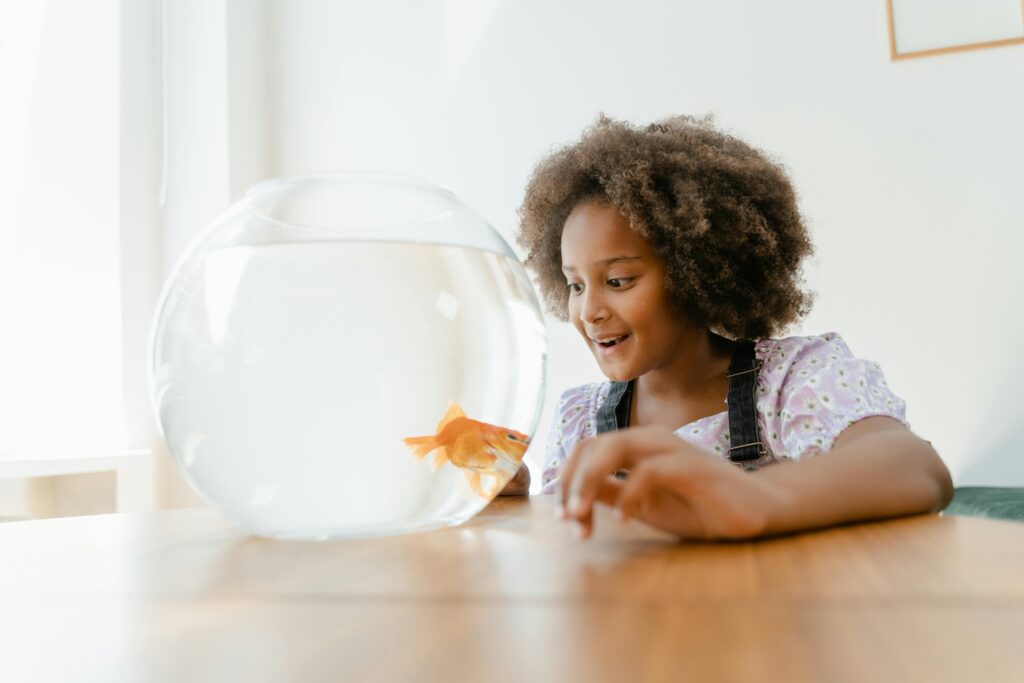
Care and Maintenance*
Fish have quite different care needs than conventional animals. Fish do not need to be walked, groomed, or brought to the veterinarian for vaccines. Their aquatic surroundings can be difficult to maintain, though, and time-consuming. The species of fish and the kind of aquarium arrangement determine the degree of care needed.
*Emotional and Mental Health Advantages*
Fish can improve mental and emotional wellness as well. Watching fish swim can help one relax and lower blood pressure. Therapeutic environments including hospitals and nursing homes regularly feature aquariums to provide a calm and healing environment.
Environmental Affections and Ethical Issues
*Pet Fish Source*
Keeping fish as pets raises ethical questions mostly related to their source. Though some are still taken from the wild, many pet fish are raised in captivity. Stress and death can afflict wild-caught fish throughout capture and transit. Fish from reliable vendors that give the animals’ welfare first priority is absolutely vital.
*Effect on Natural Environments*
Trade in pet fish might have major effects on the surroundings. Destroying natural ecosystems and endangering wild fish populations can be consequences of overfishing and harmful collecting methods. Minimising these effects depends mostly on sustainable methods including responsible procurement and breeding programmes.

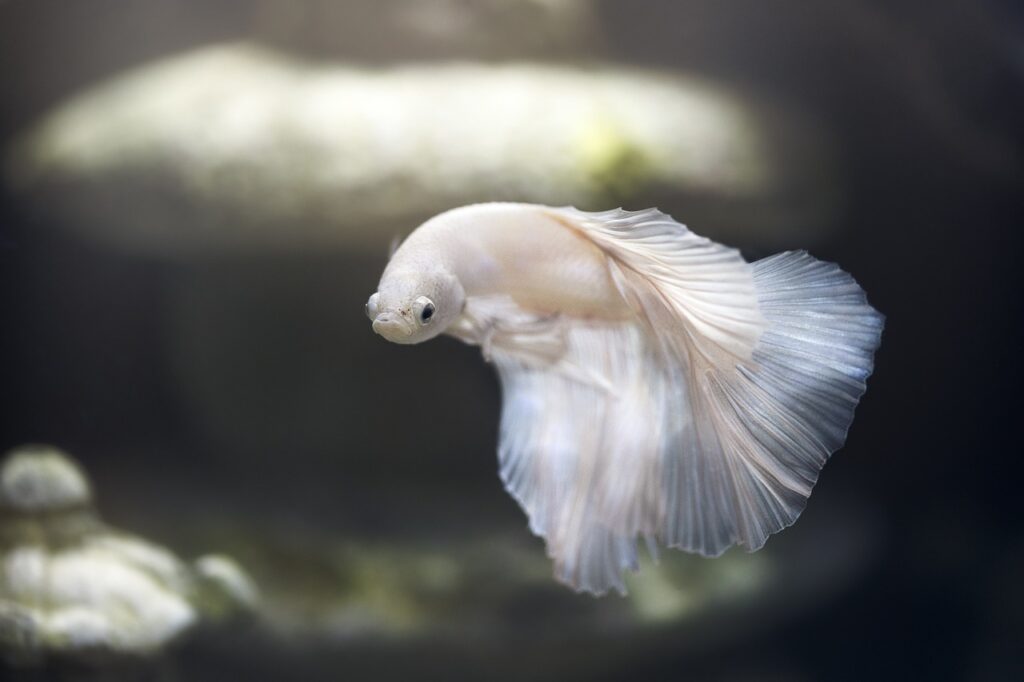
Sustainable Fish Keeping Techniques*
Fish keepers can cut their environmental impact by following sustainable techniques.
These consist:
Select fish grown in captivity instead of those caught from the wild.
Purchase fish and aquarium supplies from vendors that follow moral and environmentally friendly methods.In aquarium design, use sustainable materials and energy-efficient equipment using creating eco-friendly Aquariums
Conclusion
Ultimately, fish surely fit as pet animals. Although they might not give the same degree of direct engagement and affection as more conventional pets like dogs or cats, they have special advantages that make them worthwhile members of the pet-owning society. To their owners, the aesthetic delight, leisure, and educational value they provide are very great. Owning fish, however, entails ethical issues and obligations that need to be handled to guarantee the welfare of these aquatic friends and the preservation of their natural environments.
Adopting sustainable practices and responsible fish-keeping techniques can help us to preserve fish and yet allow us to appreciate their beauty and peace.


